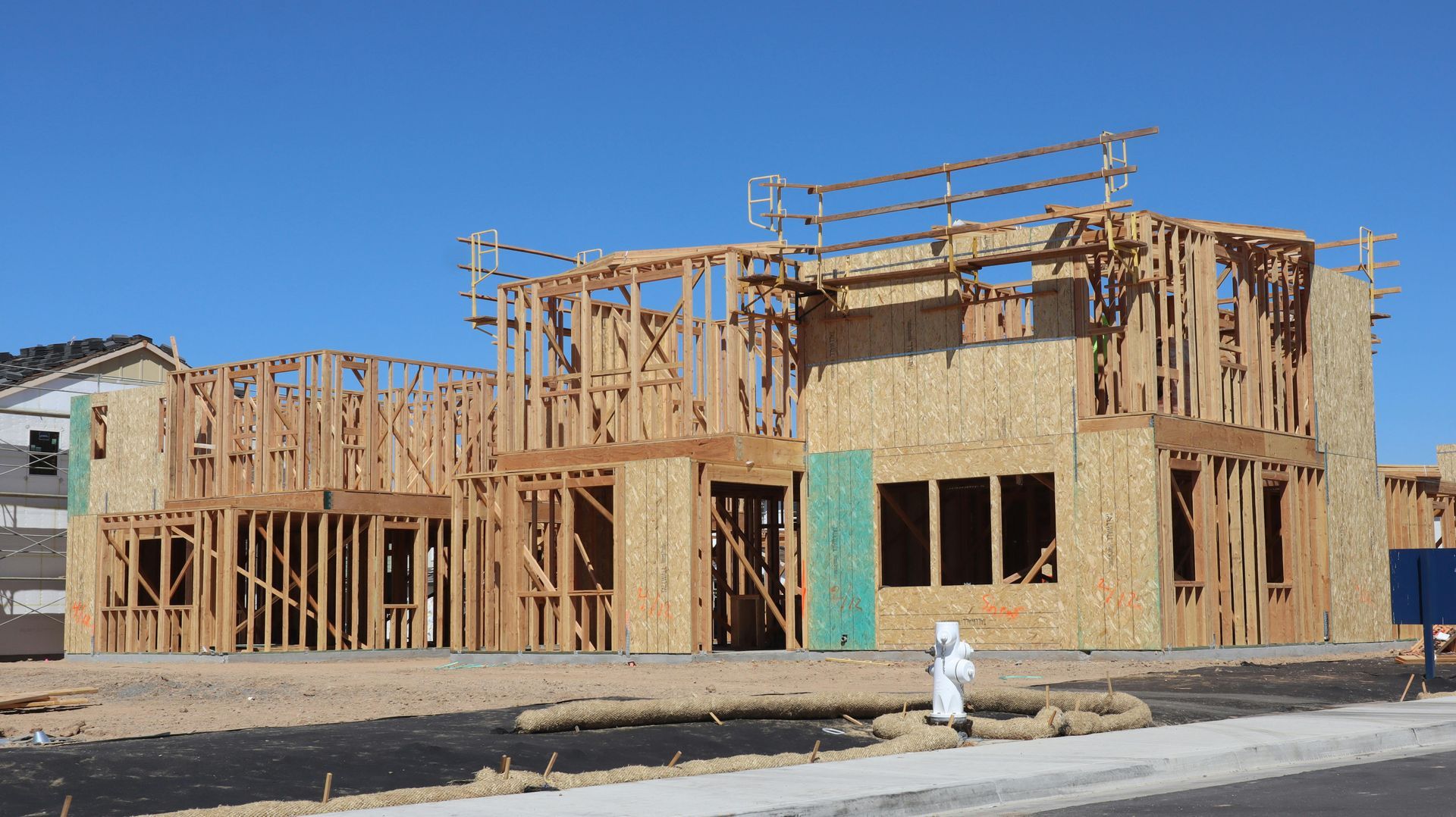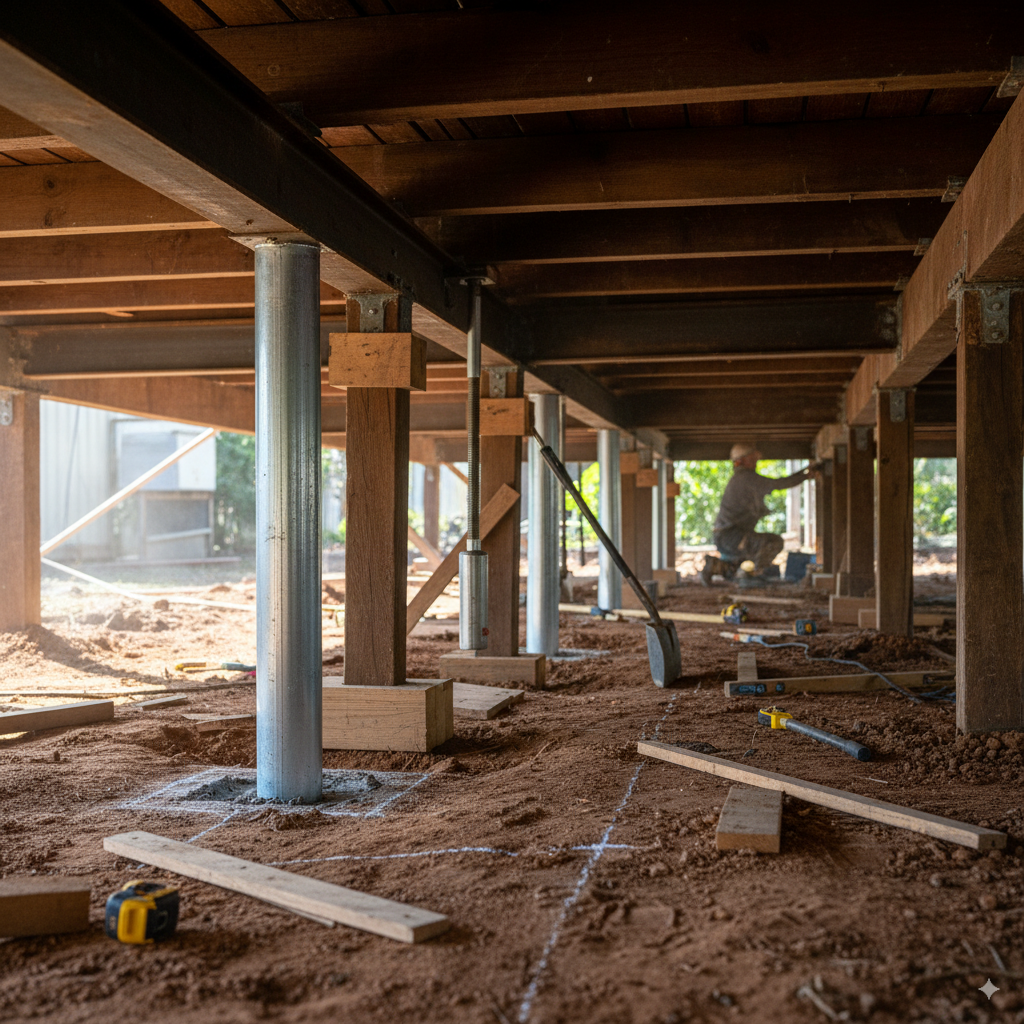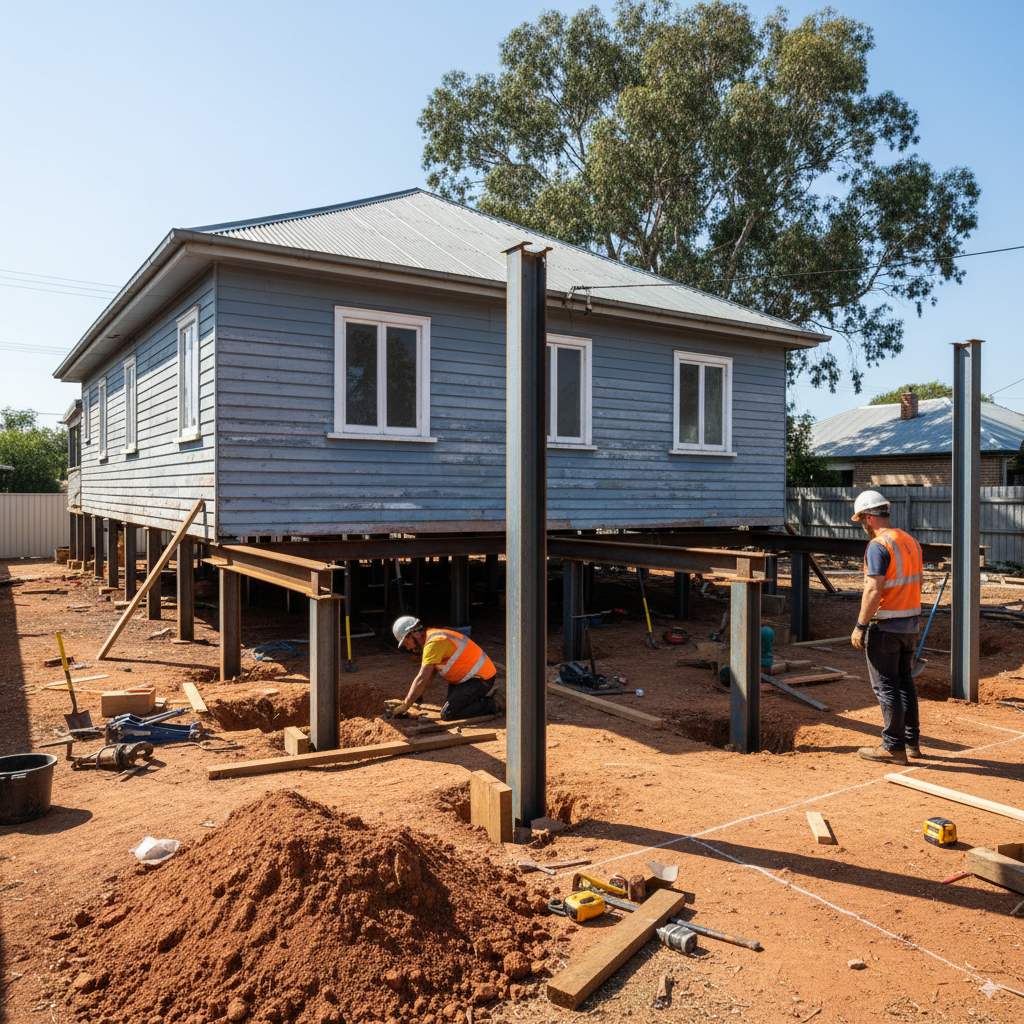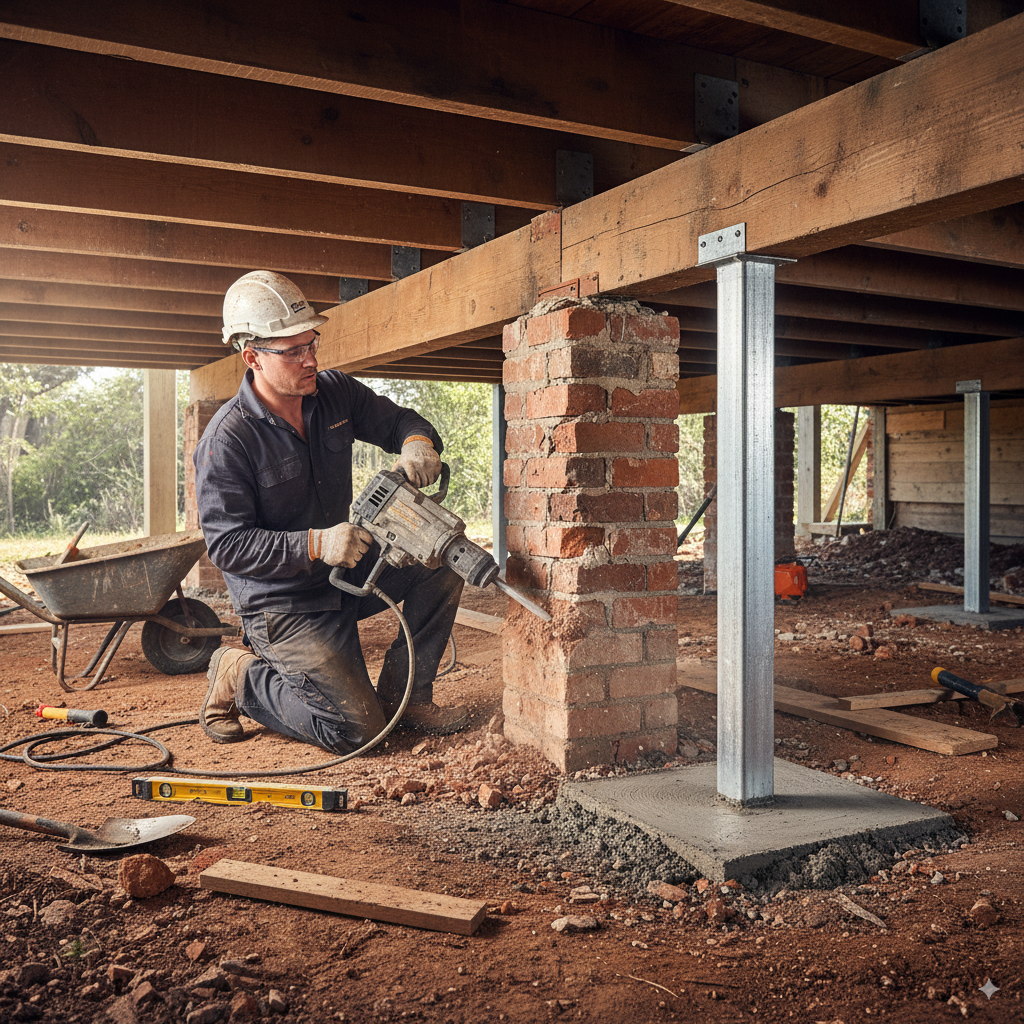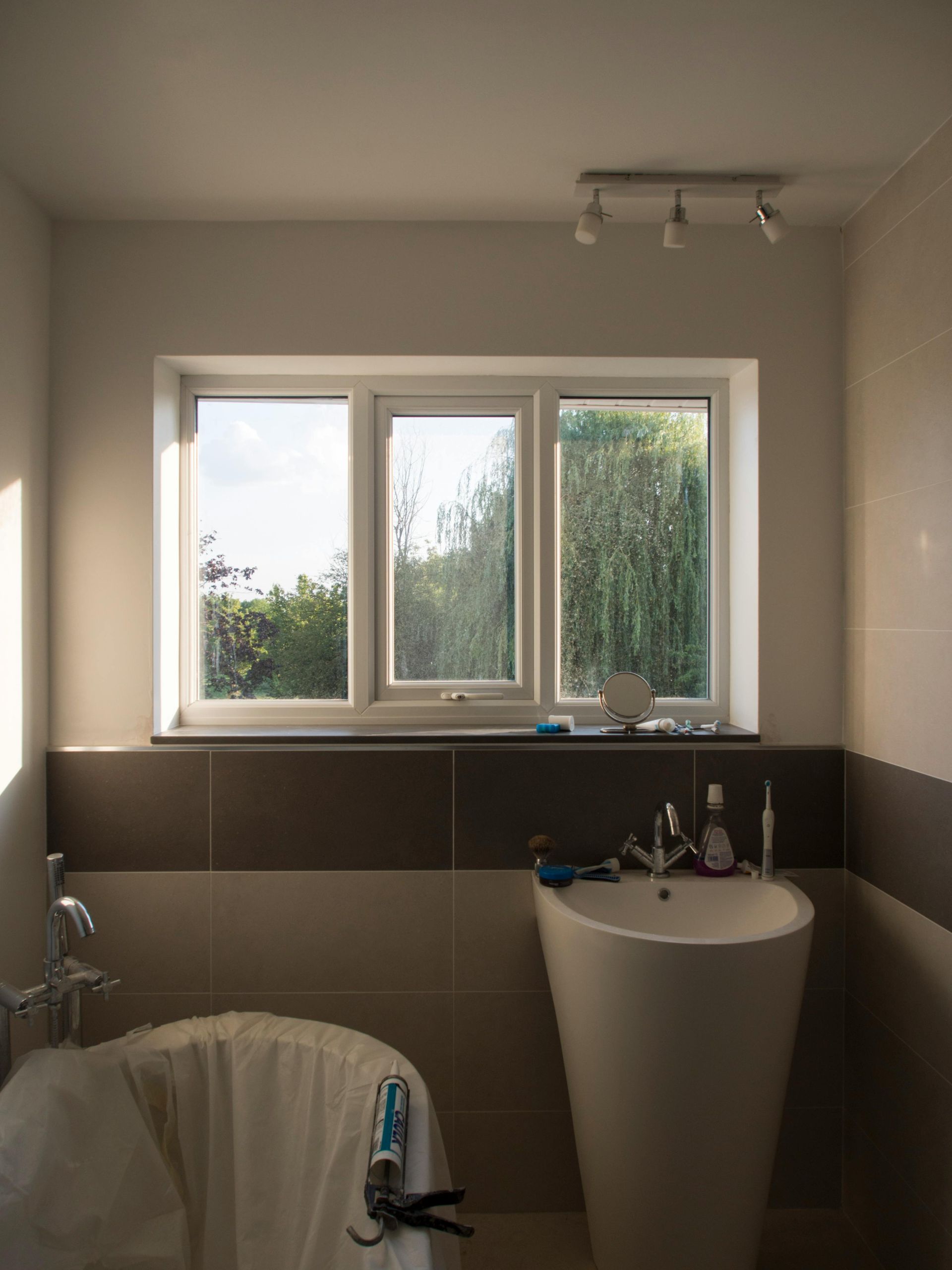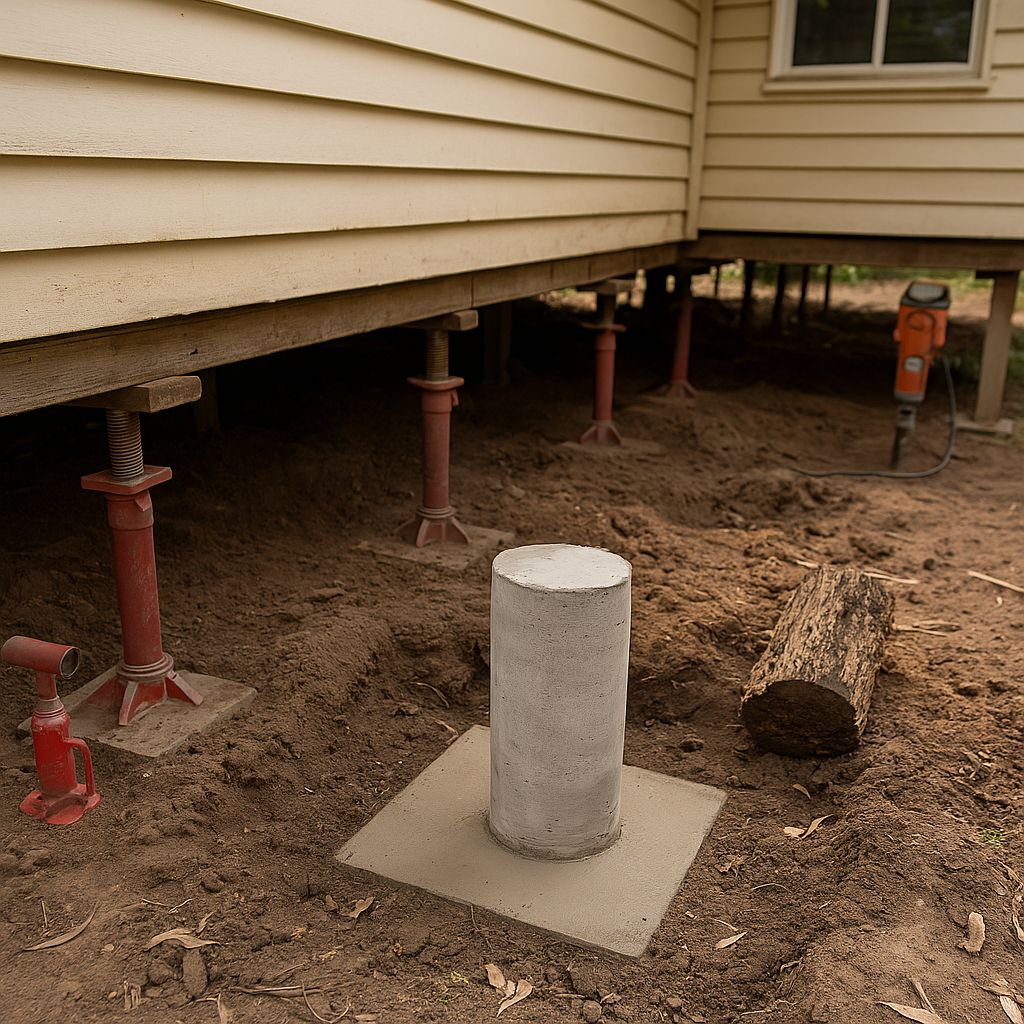Underpinning Explained: When Is It Necessary in Sydney?
Underpinning Explained: When Is It Necessary in Sydney?
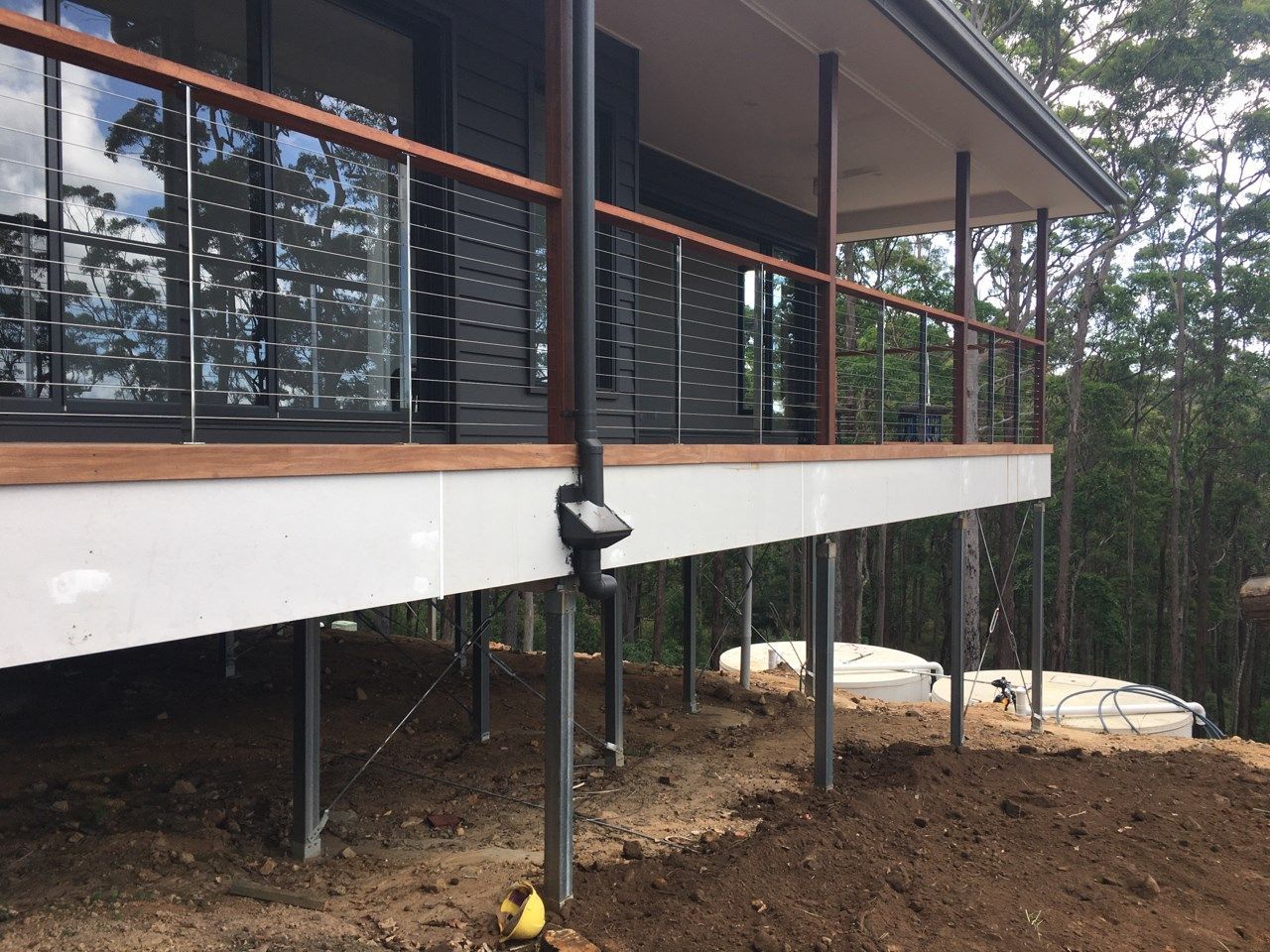
Noticed new cracks creeping across your walls? Floors sinking in one corner of the house? It might be more than just age or wear and tear, it could be your foundation shifting. In cases like this, underpinning may be the best way to stabilise and protect your home for the long haul.
But what exactly is underpinning, and when do you need it? Here’s what Sydney homeowners should know.
What Is Underpinning?
Underpinning is a structural repair method used to strengthen and stabilise the foundation of a building. It typically involves extending or reinforcing the existing footings to rest on more stable soil or a deeper level.
Depending on the property and the soil conditions, this may include:
- Concrete piers poured beneath existing footings
- Steel screw piles driven deep into stable ground
- Resin injection (in some minor settlement cases)
- Traditional mass concrete underpinning (for older buildings)
The goal of underpinning is to stop further movement and restore the structural integrity of your home.
When Is Underpinning Necessary?
Not every home that moves needs underpinning, but in some cases, it’s the safest and most effective solution. You might need underpinning in Sydney if:
1. Your home is built on a slab or strip footings
Homes without stumps or piers can’t be relevelled the same way raised homes are. If the slab or footing has sunk, underpinning is often the only viable method to lift and support it.
2. You see signs of serious structural movement
If you notice:
- Wide or expanding cracks in bricks or plaster
- Windows or doors that no longer align
- Sinking on one side of the house
- Gaps opening up between walls and floors
…it’s time to get a professional inspection.
3. You’re extending or renovating
If you’re adding a second storey or building an extension, existing foundations may not be strong enough. Underpinninghelps carry the extra load and is often required for engineering approval.
4. Soil instability or erosion is present
In some parts of Sydney, particularly on clay soils or near waterways, the ground can shift significantly over time. Tree roots, leaking pipes, or poor drainage can also erode soil beneath your home.
What’s the Difference Between Underpinning and Reblocking?
While both are forms of structural levelling, they apply to different types of foundations.
Reblocking or restumping is used for homes on timber or concrete stumps
Underpinning is used for homes with slabs or strip footings (typically brick or concrete homes)
If you're not sure what kind of foundation you have, a site inspection will confirm it.
Is Underpinning Permanent?
Yes, when done correctly, underpinning is a permanent solution. We use engineered supports designed to prevent further movement, restore stability, and provide long-term peace of mind. Like all foundation repairs, the key is getting it done early and by the right people.
How Much Does Underpinning Cost?
Costs vary depending on access, depth, and how many piers or piles are needed. On average in Sydney, underpinning ranges from:
- $2,500 to $5,000 per pier, depending on site conditions
- Full jobs often range between $15,000 and $40,000
We always provide a detailed quote after inspection, with no hidden extras.
Book a Free Underpinning Assessment
At Sydney House Leveling, we specialise in tailored solutions for all types of foundations, including professional underpinning for Sydney homes. If you’re worried about cracks, sinking, or movement, don’t wait.
We offer:
Free onsite inspections
Honest advice — no upselling
Fully engineered underpinning solutions
Fixed quotes and timeline commitments
📞
Call us on: 0478 566 483
📩
Or book online at:
service@sydneyhouselevelling.com.au
Let’s get your home supported properly, from the ground up.
